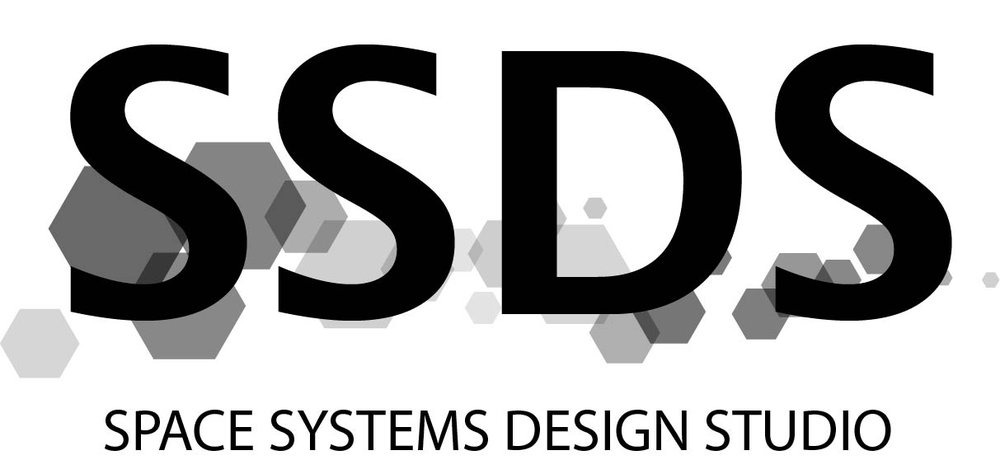Opportunities
SSDS seeks to push the boundaries of spacecraft capabilities through novel applications of modern physics and innovative design. We are currently engaged in several flight and research projects to demonstrate concepts, provide research testbeds, and enhance the state of spaceflight technology. Our team consists of faculty, Ph.D./M.S. candidates, M.Eng. students, and especially undergraduates.
Graduates from our lab have interned, worked, and risen to senior management roles at places like NASA, SpaceX, Draper, Northrop Grumman, Jet Propulsion Laboratory, Lockheed Martin, Boeing, MIT Lincoln Laboratory, Raytheon, General Dynamics, Blue Origin, Planet Labs, Apple, Facebook, Google and many more!
The application is now closed for Spring 2025 Research Positions. See below for the roles we are recruiting for as well as the application link.
1 information session will be held: Thursday, August 28, 2025, at 18:00 (Upson 106)
Information session slides (Fall 2024) : General SSDS, ChipSat Overview, DeSCENT (Suborbital ChipSat Launch), Alpha (CubeSat + ChipSat-Sail), Sailing to the Stars (ISS Light Sail Deployer)
If you have questions about SSDS or the application, please email Mark Lohatepanont (ml2828@cornell.edu). The application process is rolling. Please apply early!
PH.D.
If you are a prospective Ph.D. student, please apply to the Ph.D. Degree program through Cornell’s Sibley School of Mechanical and Aerospace Engineering and express interest in SSDS on your application.
M.ENG.
We are actively seeking M.Eng. students for research activities during Fall 2025. Please apply here. Additional projects supervised directly by Prof. Peck can be found here. Please reach out to him individually regarding those.
Project Areas:
ChipSats
ChipSat Flight Software - DeSCENT (1 Student, Flight Software Development Desired)
ChipSat Ground Station (1 students)
undergrad
We are actively seeking undergraduates for research activities during Fall 2025. Please apply here.
Project Areas:
ChipSats
ChipSat Flight Software - DeSCENT (1-2 Students, Flight Software Development Desired)
Chipsat Deployer Manufacturing - DeSCENT (1 Student, Green/Blue Apron Training Desired)
ChipSat Ground Station (1-2 students)
DESCRIPTIONS
ChipSats (lead: Mark Lohatepanont (ml2828@cornell.edu)
ChipSats are gram-scale PCBs that can fit in the palm of your hand, but thanks to the miniaturization of electronics, contain all of the essential functionality of a much larger satellite. They’ve been in development at SSDS for the past decade and previous generations of these tiny Spacecraft have flown on the ISS, been deployed into Low Earth Orbit, and have been tested in Earth-based contexts in vineyards and on dairy farms. Currently we are investigating their use as flight computers onboard a free-flying light sail for the Alpha mission, and the potential for swarms of these ChipSats to survive atmospheric entry and disperse during descent (DeSCENT mission). We're looking for students who can take the lead with the following tasks:
1. ChipSat Flight Software (1-2 Students)
The DeSCENT ChipSats will each run custom flight software to handle GPS acquisition, LoRa communications, and sensor data logging during their brief but critical mission phase. Students in this role will design and implement the embedded codebase, ensuring reliable operation under strict power and memory constraints. Work includes integrating with the onboard microcontroller, developing communication protocols for swarm operation, and supporting ground testing. Prior experience with embedded C/C++ or similar environments is desired.
2. ChipSat Deployer Manufacturing (1 Student)
The DeSCENT mission requires a robust deployer system to release up to 100 ChipSats from near-space. Students in this role will take aid in manufacturing the deployer hardware, from machining all the way to integration. Tasks include interpreting engineering drawings, fabricating components, and conducting fit checks with flight-ready ChipSats. Blue/Green Apron machine shop training is desired for safe and efficient hands-on work.3. ChipSat Ground Station (1-2 Students)
Tracking and receiving signals from a swarm of 100 ChipSats during atmospheric descent is a challenge. Students in this role will design and build the ground station, including selecting appropriate RF front-end hardware (LoRa receivers, antennas, amplifiers) and creating a live interface to display incoming data. The goal is to visualize downlinked GPS coordinates and sensor data in real-time to support recovery efforts. This role blends RF hardware selection with software development for data visualization.
